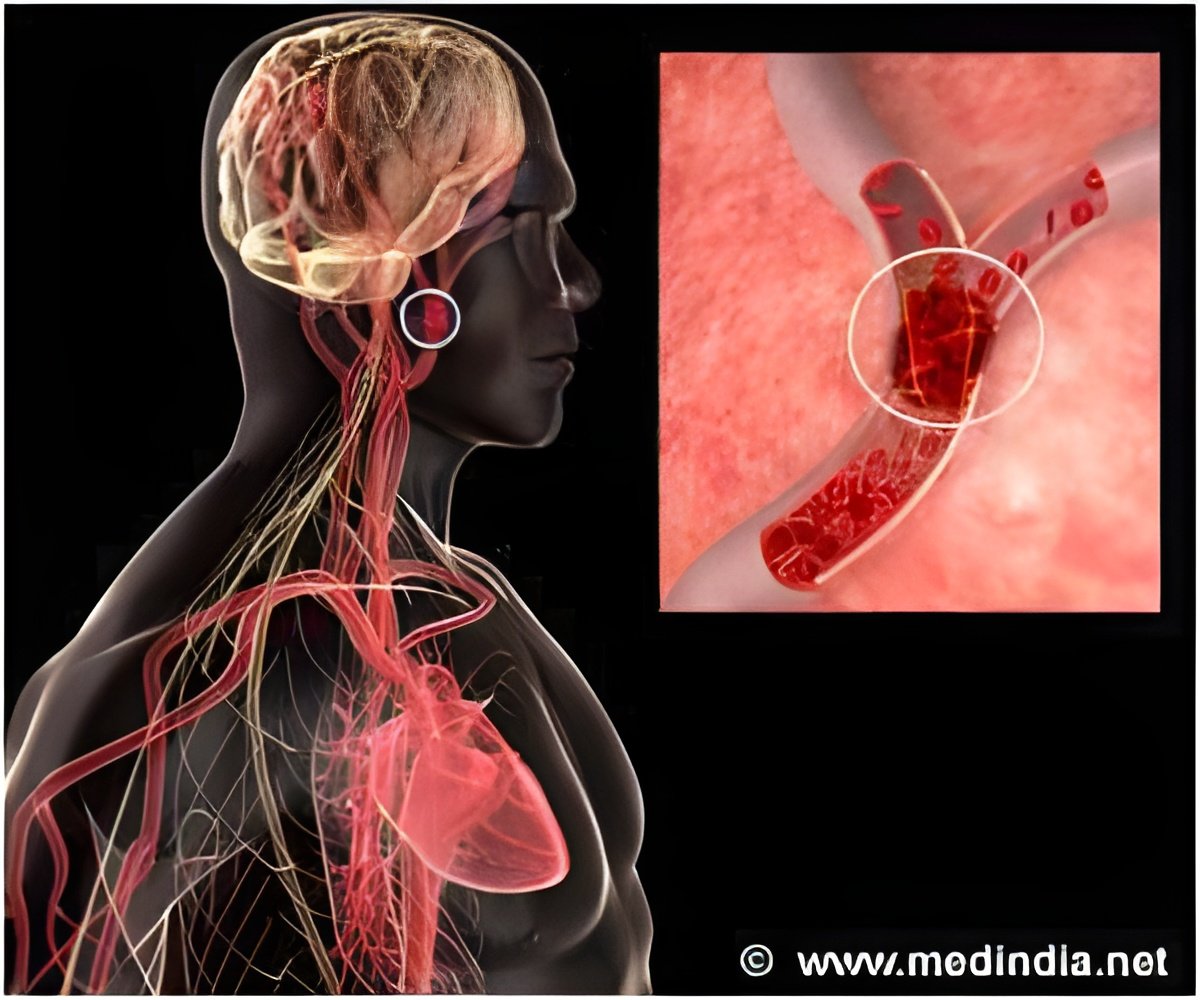One of the major reasons for stroke patients experiencing fatigue could be their longing to return to the life that they led before the stroke, a new study reveals.

Andersen's PhD thesis was carried out in collaboration with a Danish hospital, where doctors found it hard to find a correlation between the size or the impact of the stroke and the individual experiences of fatigue. He located other potential reasons for the fatigue than the patients' brains - their everyday lives.
When interviewing the patients Andersen noticed that they no longer related their fatigue to the same objects or actions as they did pre-stroke.
"In our everyday lives we link fatigue with specific objects or actions which we hardly even notice; it can be a bed or making a cup of tea in the evening. After a stroke, many patients feel constantly fatigued without being able to locate it," Andersen said.
According to him, locating fatigue in other objects and actions than before can be a successful approach when trying to restore an everyday life - not the same as before, but a completely new one.
Andersen suggests that stroke patients might learn to cope with their fatigue if they - in collaboration with their own doctor - learned to think of fatigue in relation to specific objects or actions. This could frame the patients' fatigue so it does not become a phenomenon defining their lives.
Advertisement














